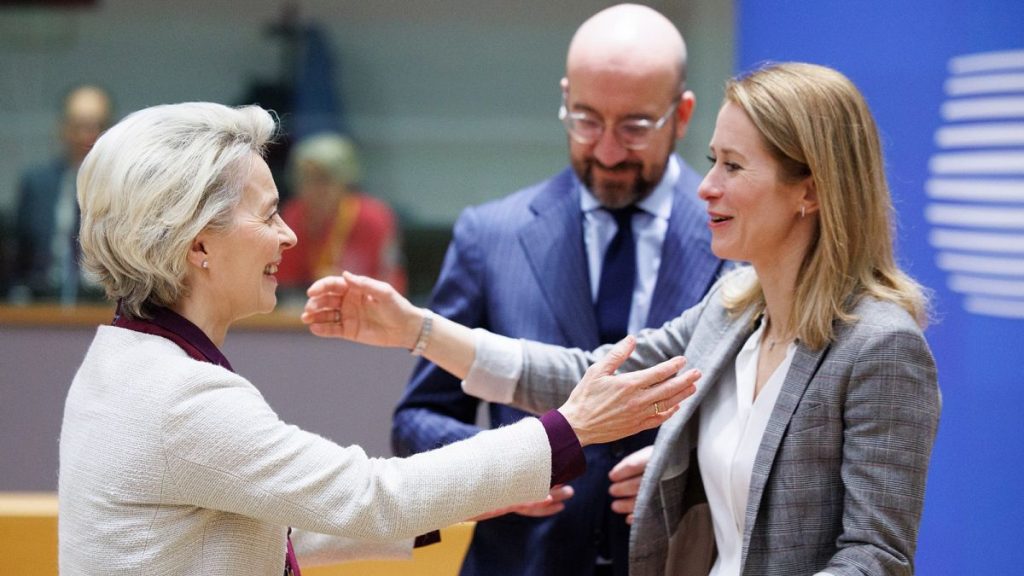After the elections for the European Parliament, the focus now shifts to the distribution of top jobs within the European Union. Leaders of the EU are set to meet in Brussels to discuss and possibly assign the roles of the next president of the European Commission, president of the European Council, and High Representative for Foreign Affairs and Security Policy. The negotiations involve a delicate balancing act, considering political affiliations, geographical origins, and gender balance to ensure broad support. While the discussions can sometimes be challenging and lengthy, this time around, there is consensus emerging more quickly than expected, with potential candidates such as Ursula von der Leyen for the Commission, António Costa for the Council, and Kaja Kallas for the High Representative.
In terms of the European Commission, Ursula von der Leyen is considered the front runner for re-election. As the current president of the Commission, she has led during multiple crises and has shown leadership and ambition in her legislative activity. Despite facing initial obstacles, her party’s strong performance in the elections has solidified her position as a candidate for a second term. Von der Leyen has already started negotiations to build a centrist coalition for the next five years. However, she will need the backing of a majority of newly-elected members in the European Parliament to secure the job.
For the European Council, the Socialists and Democrats are eyeing the presidency, with António Costa being put forward as a potential candidate. Costa, a former Portuguese prime minister, is seen as a veteran with a constructive attitude and approachable character. Although he faced allegations of corruption, there is a belief that his name will be cleared. Other potential candidates for the Council could include Mette Frederiksen from Denmark or Mario Draghi, but Draghi’s lack of affiliation with a political party may complicate his appointment.
The High Representative for Foreign Affairs and Security Policy position is being sought after by the liberal Renew Europe group, despite their less than stellar performance in the elections. Kaja Kallas, the Estonian Prime Minister, is a leading contender for the role due to her strong stance on Russia’s invasion of Ukraine. The importance of geography in filling this position may work in her favor, as an Eastern European candidate is desired. Another potential candidate is Belgium’s Alexander De Croo, but his Western European origins could be a disadvantage. Radosław Sikorski, a former MEP and Poland’s foreign minister, also fits the bill for the High Representative role, but his affiliation with the EPP may pose a challenge for his nomination.
As leaders convene to discuss and assign the top jobs in the EU, the outcome remains uncertain, with the potential for agreements to be reached or for decisions to be postponed to a later date. The distribution of these roles involves careful consideration of various factors to ensure a balance of power, representation, and effectiveness within the European Union. Each candidate brings their own set of qualifications and challenges, and it will be up to the leaders to navigate the negotiations and ultimately decide on the best individuals to lead the EU institutions in the coming years.













